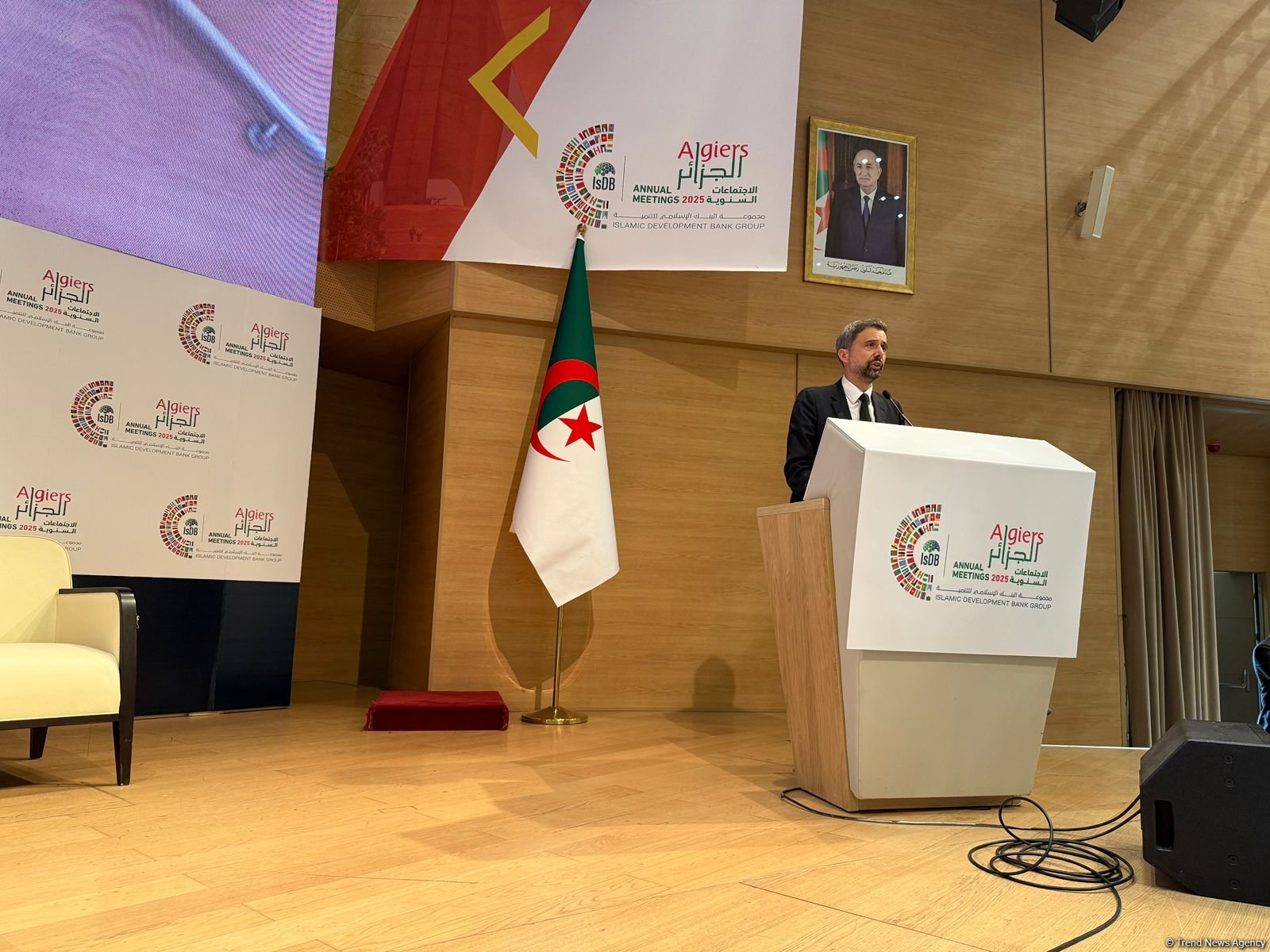ALGIERS, Algeria, May 20. Efforts to ensure sustainable development must prioritize rural areas, said Álvaro Lario, President of the International Fund for Agricultural Development (IFAD), Trend's special correspondent reports.
Speaking at a panel discussion titled "Towards Resilient Economies: Diversification Strategies for Sustainable Development in IsDB Member Countries,” as part of the IsDB Group’s Annual Meetings in Algiers, Lario noted that security has become one of the core themes in global development in recent years
"When we talk about food security and food systems, it's not only how it's produced, but also how it's distributed, marketed, exported, and the jobs that we can create thereby," he said.
The IFAD President emphasized the critical role of rural regions in achieving sustainable progress.
"80 percent of poverty is actually in the rural economies. So very much, that's where a lot of the jobs need to be created, and a lot of the efforts for sustainable development need to happen," he added.
Lario also highlighted the connection between economic diversification and climate resilience.
“Diversification and economic resilience need to happen nowadays, also with climate resilience. And for that, in our case, we're investing for every dollar, 45 cents is going into climate adaptation. Many of the small-scale farmers need the support and the investments in many of these areas,” the official said.
He outlined programs underway in the Sahel and in other countries, whereby the national public development banks and partners of the private financial institutions provide 0 percent loans for these climate adaptation activities. And this is already impacting 2.5 million people, for example, in Burkina Faso, Côte d'Ivoire, Ghana, Mali, or Senegal.
Lario stressed the importance of a new approach to project implementation in fragile environments.
“One quarter of our co-financing with ISDB is traditioned in this type of fragile setting. And this is bridging, as it has been said, the humanitarian relief with the long-term development. It's restoring livelihoods, empowering women and youth, and also laying the groundwork for future economic recovery.
Let me finalize by saying that for us, rural transformation is not just something isolated. It's a cornerstone of economic diversification, social inclusion, and climate resilience," concluded the IFAD President.
The official also underscored the active role of governments, the private sector, and civil society in driving these efforts and expressing hope for expanded investment in the sector.
Stay up-to-date with more news on Trend News Agency's WhatsApp channel







